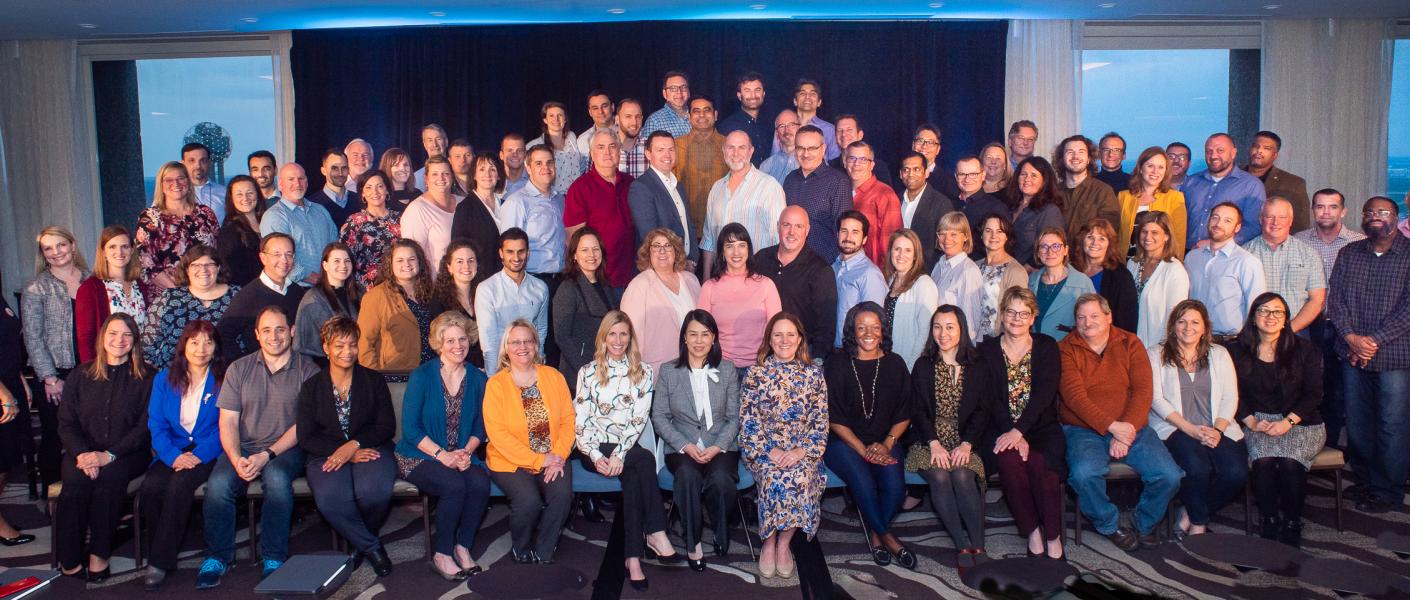Part two - Tom Wilson, Custom Manufacturing Lead, Pfizer CentreOne
How have you supported the advancement of women throughout your career?
I started my career at an inflection point when women just began to break through. First in the U.S. Air Force and later on the manufacturing floor, I witnessed women gaining access to roles that were previously reserved for men. It was when I realized that a significant number of talented people were never given the opportunity to do what they wanted and could do. Seeking out and helping those who are set aside has been my focus ever since. Women, people with alternative lifestyles, minorities – all those who needed the advocacy to move ahead.
To me this is not a “feel good” exercise; it’s what we need to do to ensure we have the best, most competitive talent pool to lead our company into the future.
In my experience, best learning comes from failing and correcting one’s mistakes. What I observed is that the freedom to fail is often not there for disadvantaged groups as it carries more risk. As a result, people become unwilling to pursue opportunities that feel out of reach. In the work that I do as a sponsor of the Women’s Mentoring Program here at Pfizer, we often talk about the importance of overcoming one’s fear of failure and viewing failure as growth.
Hearing from someone like me who has successfully recovered from failure and advanced in his career helps reduce anxiety. Another topic we frequently discuss is the “2/3rd-1/3rd” rule. In my experience, women are reluctant to apply for jobs where they don’t check all the boxes. My guidance is that if you check 2/3rd of the boxes, you should be good to go. The remaining 1/3rd you will learn on the job. Finally, we also address the importance of expanding one’s social network outside of the core group.
The larger the proverbial rolodex, the bigger the network one can call on in crucial moments of one’s career. The successful women (and men) I know continuously push themselves to go beyond their comfort circle, learn about people and establish new connections.
Being a mentor and supporter of equality is an important part of who I am. This is my way of investing into the future and promoting positive change, just like the change I witnessed early on in my career.

